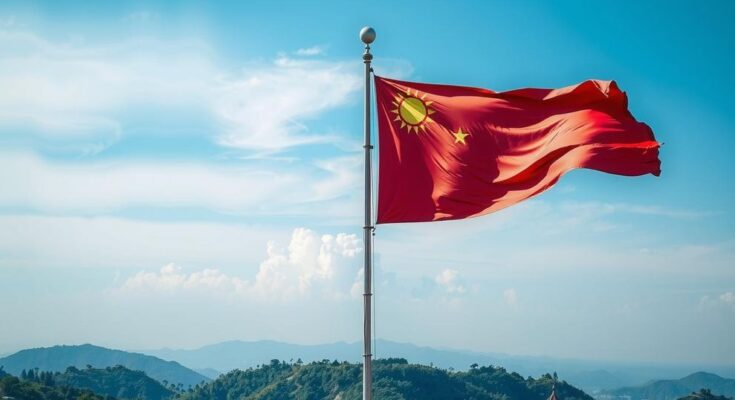Sri Lanka has rejected several UNHRC resolutions and an external evidence gathering mechanism, emphasizing the importance of national ownership and gradual reforms for transformative change. The country expresses concerns over inconsistent human rights applications, budget implications, and asserts its commitment to domestic processes in addressing human rights issues and promoting inclusive economic growth.
During the 58th Session of the United Nations Human Rights Council (UNHRC), Sri Lanka reaffirmed its rejection of Resolutions 46/1, 51/1, and 57/1, as well as the external evidence gathering mechanism established regarding the country. The Sri Lankan government asserted that national ownership along with gradual reforms is crucial for achieving transformative change while expressing discontent with the inconsistent application of human rights principles by the Council, which they believe undermines trust in human rights initiatives.
Ambassador Himalee Subashini Arunatilaka, Sri Lanka’s Permanent Representative to the UN in Geneva, emphasized the nation’s opposition to country-specific resolutions lacking the affected country’s agreement. She stated that such resolutions are divisive and intrusive, and that the external evidence gathering mechanism fundamentally violates sovereign rights, infringing upon the nation’s constitutional legal processes.
Concerns regarding the budget implications tied to the external mechanism have also been articulated, especially in light of existing financial constraints faced by the UN. Sri Lanka continues to focus on addressing human rights issues and fostering reconciliation through domestic channels, having recently engaged constructively with the CEDAW committee to discuss its periodic report.
Sri Lanka reiterates its commitment to multilateral cooperation to promote peace, prosperity, and sustainability. The government aims to ensure that economic growth is inclusive, providing equitable opportunities for all citizens, thereby improving overall social well-being and maintaining the rule of law, transparency, and accountability in governance.
The government is dedicated to protecting the rights and democratic freedoms of its citizens, while also addressing historical grievances. Specific commitments include enhancing the independence of local processes, examining the work of a proposed truth and reconciliation commission, and investigating violence rooted in discrimination and extremism. Major priorities encompass eradicating rural poverty, promoting social and environmental initiatives, and establishing a robust digital economy to facilitate sustainable growth and innovation.
In conclusion, Sri Lanka firmly upholds its sovereignty by rejecting external human rights mechanisms and reaffirming the importance of national reforms for transformative change. The government’s commitment to addressing human rights through domestic processes, promoting economic growth, and ensuring inclusive opportunities for all citizens highlights its dedication to long-term peace and reconciliation. By fostering constructive engagement with international human rights bodies, Sri Lanka aims to enhance its diplomatic standing while prioritizing its citizens’ needs.
Original Source: www.adaderana.lk




